‘We have no choice but to confront the very worst aspects of English football’
Your digest of analysis and commentary from the British and international press

- 1. Southgate showed us a new England. But the old one hasn’t gone away
- 2. Space tourism? It will never give me a Buzz
- 3. We’re learning the hard way that flashing isn’t trivial
- 4. To help Haiti, stop trying to save it
- 5. I was a child when I fled from the Nazis to the UK – refugees today deserve safety here too
A free daily email with the biggest news stories of the day – and the best features from TheWeek.com
You are now subscribed
Your newsletter sign-up was successful
1. Southgate showed us a new England. But the old one hasn’t gone away
David Olusoga for The Guardian
on post-match racism
This week, despite our country’s “collective sense of heartbreak”, we should have been celebrating England’s second-place finish at the Euros, says historian and broadcaster David Olusoga in The Guardian. “Instead, in a damp week, in a so-far largely dismal summer, as a third wave of a pandemic spreads invisibly among us, we are forced to defend our national team from an outpouring of hate.” The “toxic racism and swaggering hyper-nationalism” we’ve seen since England’s loss on Sunday has “left millions feeling excluded from the national game, and damaged our reputation abroad”. We’ve been forced to confront “the very worst aspect of English football” as well as the “ugliest strains of English nationalism”, exacerbated by government figures who “allowed that poison to fester”. But we cannot forget that the team and their remarkable manager have proven “that there is another path, another form of English patriotism, another way of being together and – if enough of us want it – another England”.
The Week
Escape your echo chamber. Get the facts behind the news, plus analysis from multiple perspectives.

Sign up for The Week's Free Newsletters
From our morning news briefing to a weekly Good News Newsletter, get the best of The Week delivered directly to your inbox.
From our morning news briefing to a weekly Good News Newsletter, get the best of The Week delivered directly to your inbox.
2. Space tourism? It will never give me a Buzz
Craig Brown for the Daily Mail
on Branson’s space flight
“It's odd that three of the wealthiest men on Earth – Sir Richard, Jeff Bezos and Elon Musk – are so desperate to go into space. Why are they so fidgety?” questions Craig Brown in the Daily Mail. Is the view even all it’s cracked up to be? My suspicion is that the Earth from space looks exactly like “what you would expect”, he says. It would be a bit like “when you set eyes for the first time on the Leaning Tower of Pisa or the Statue of Liberty” and “your first thought is not one of wonder, but of familiarity. ‘Gosh!’ you say. ‘It looks just like it does in the photos!’” The explanation for this extraterrestrial obsession must be an “excess of money” which “has a strange effect on those possessed of it, or by it”. Asks Brown: “Why else build your own rocket?”
A free daily email with the biggest news stories of the day – and the best features from TheWeek.com
3. We’re learning the hard way that flashing isn’t trivial
Sara Tor for The Times
on Sarah Everard’s killer
“The problem with a patriarchal society,” writes Sara Tor in The Times, “is that, among other things, great importance is given to male genitalia.” Wayne Couzens, the police officer who pleaded guilty on 9 July to raping and murdering 33-year-old Sarah Everard in March, was accused of indecent exposure three times – twice “just days” before he abducted the marketing executive. “I’m outraged but not surprised,” writes Tor. “Male genitalia may as well parade around on a velvet cushion, we give them that much significance. Our language equates courage with having balls. Our teenagers doodle penises on steamed-up bus windows or chewing gum-patterned school desks and no one blinks an eye. As a result of this attitude to men’s privates, the law promises not much more than a slapped wrist for indecent exposure, so long as the man hasn’t done it before.”
4. To help Haiti, stop trying to save it
Bret Stephens for The New York Times
on what next for Haiti
To really help Haiti following last week’s assassination of President Jovenel Moise, the best thing the United States can do is “as little as possible – and, if possible, a bit less”, says Bret Stephens in The New York Times. What the US owes Haiti is what it’s already giving: “legal and forensic aid” to help establish the facts about Moise’s murder. But what the US can’t help Haiti with are “the facts that led up to it – the endemic corruption, rampant lawlessness and institutional decay” which have “long crippled” the country and make “nearly every form of foreign assistance not only useless but also harmful”. The best way to help would be for the US to “stop the flow of aid” to Haiti, “except during humanitarian emergencies”. “The greatest gift the Biden administration can give the people of Haiti is to stop trying to save them.”
5. I was a child when I fled from the Nazis to the UK – refugees today deserve safety here too
Lord Alf Dubs for Metro.co.uk
on Britain’s treatment of refugee children
“I can’t help but feel emotionally involved in the lives of the refugee children of today, although I’d like to think I would be campaigning on their behalves regardless of my background,” writes campaigner and politician Lord Alf Dubs on Metro.co.uk. In June 1939, when Lord Dubs was six, he left Czechoslovakia for the UK on the Kindertransport. His aunt and uncle died in Auschwitz and, after his father died from a heart attack, he was raised in England by his mother – a refugee who didn’t speak the language. “Europe is now facing the biggest refugee crisis since the Second World War when Britain took in 10,000 refugee children like me who would otherwise have perished,” says Lord Dubs. “I would like to see the UK live up to its proud humanitarian tradition and take its fair share” of children fleeing violence, as other European countries have done. “I’d like to feel the refugee children arriving today… would be given as warm a welcome and the opportunities that Britain gave me.”
-
 Local elections 2026: where are they and who is expected to win?
Local elections 2026: where are they and who is expected to win?The Explainer Labour is braced for heavy losses and U-turn on postponing some council elections hasn’t helped the party’s prospects
-
 6 of the world’s most accessible destinations
6 of the world’s most accessible destinationsThe Week Recommends Experience all of Berlin, Singapore and Sydney
-
 How the FCC’s ‘equal time’ rule works
How the FCC’s ‘equal time’ rule worksIn the Spotlight The law is at the heart of the Colbert-CBS conflict
-
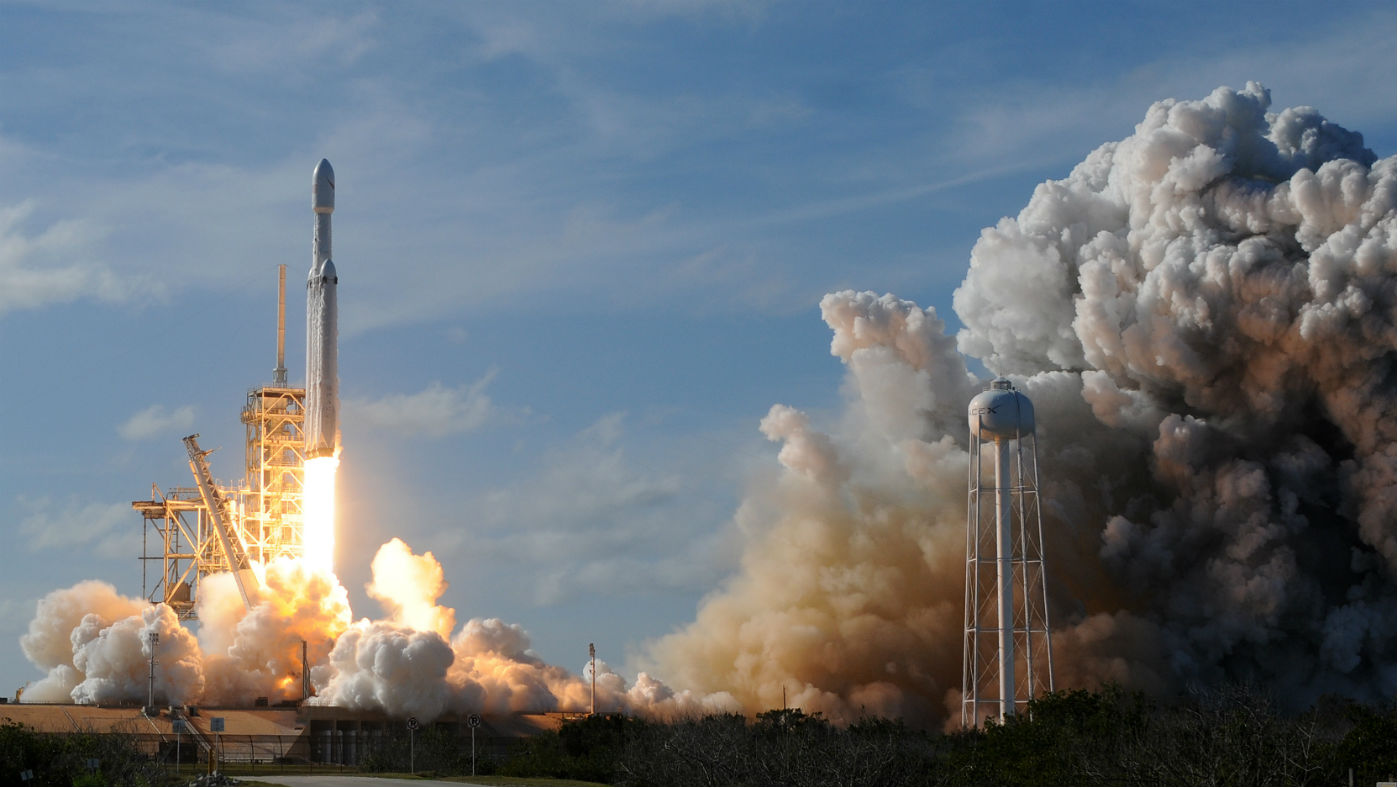 Space tourists face sex bureaucracy
Space tourists face sex bureaucracyfeature And other stories from the stranger side of life
-
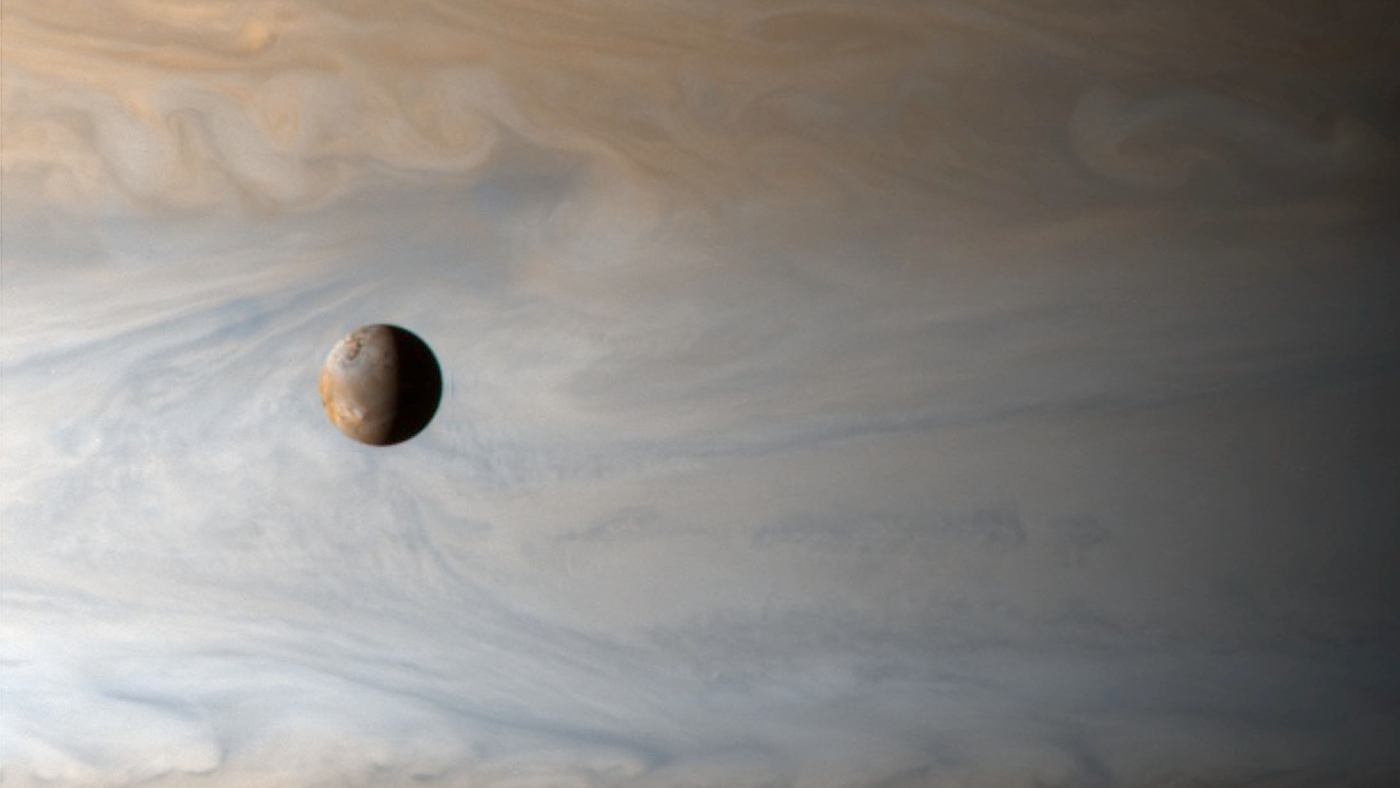 Juice: the European space mission to find life on Jupiter’s moons
Juice: the European space mission to find life on Jupiter’s moonsfeature Three of Jupiter’s moons are home to large, underground oceans that could support life
-
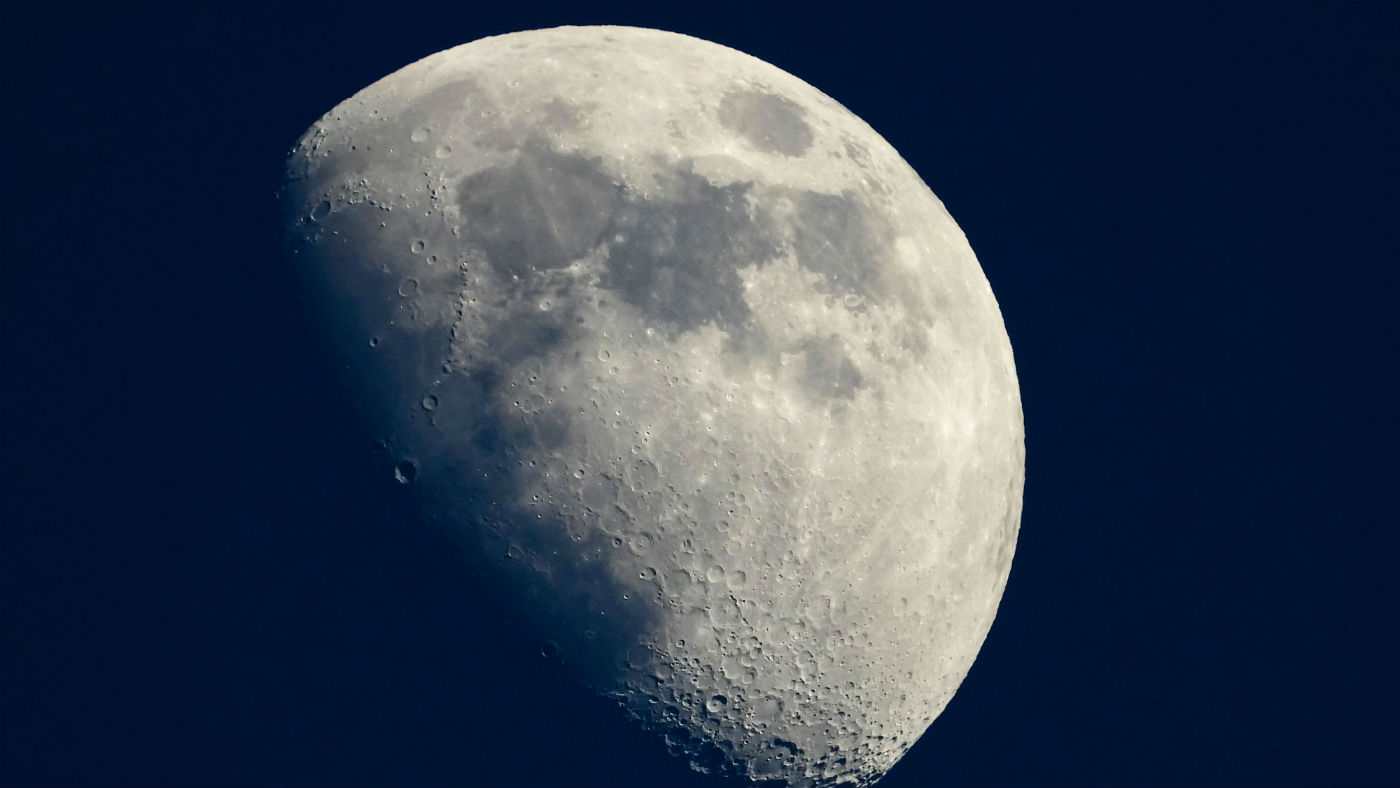 Why space experts want a new time zone for the Moon
Why space experts want a new time zone for the MoonSpeed Read An international effort has been launched to create a commonly agreed lunar time
-
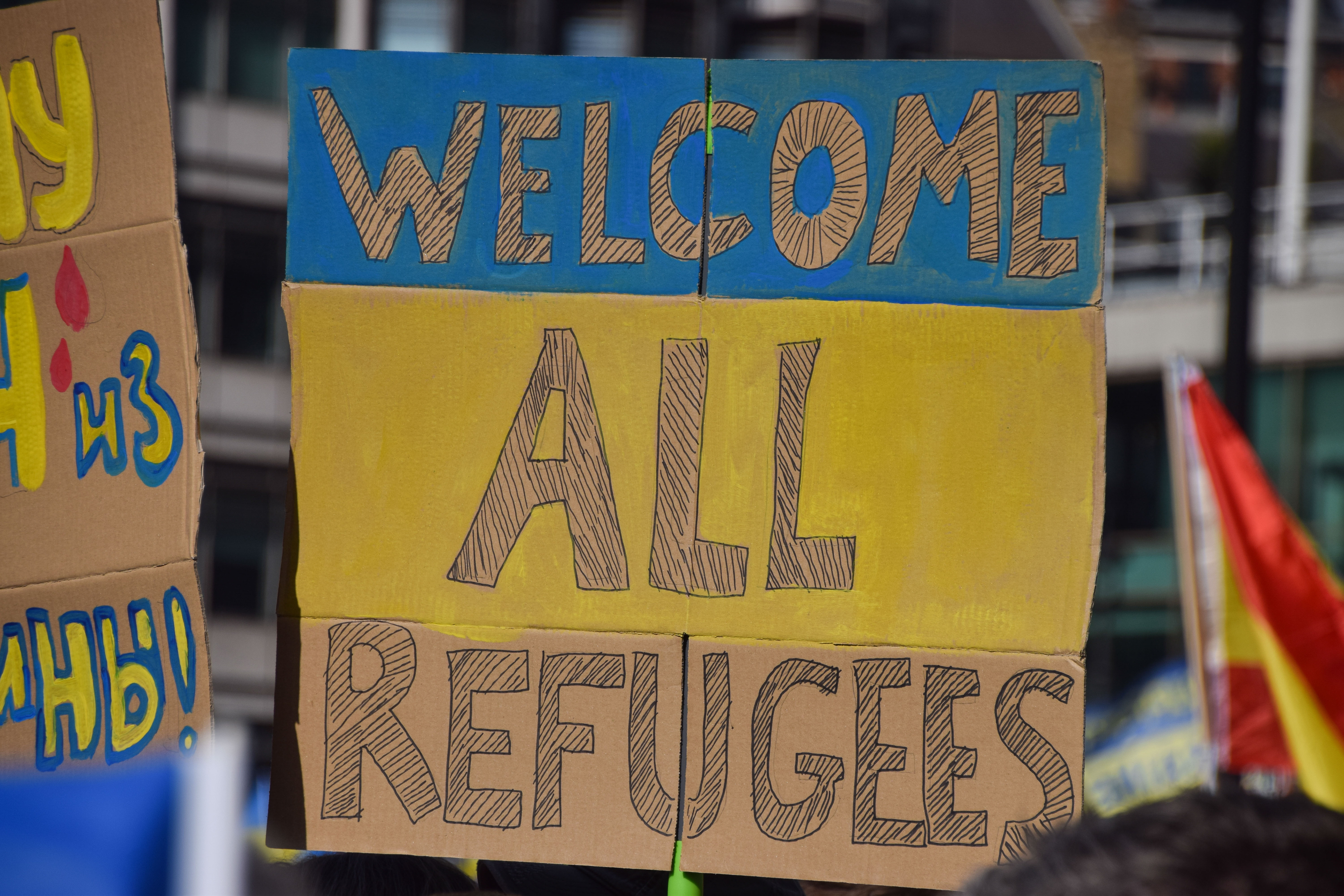 The Year Unwrapped: White refugees, Aegean islands and celebrity gossip
The Year Unwrapped: White refugees, Aegean islands and celebrity gossippodcast Was 2022 the year of the white refugees? What’s really going on in the Aegean sea? And why are we so obsessed with showbiz scandals?
-
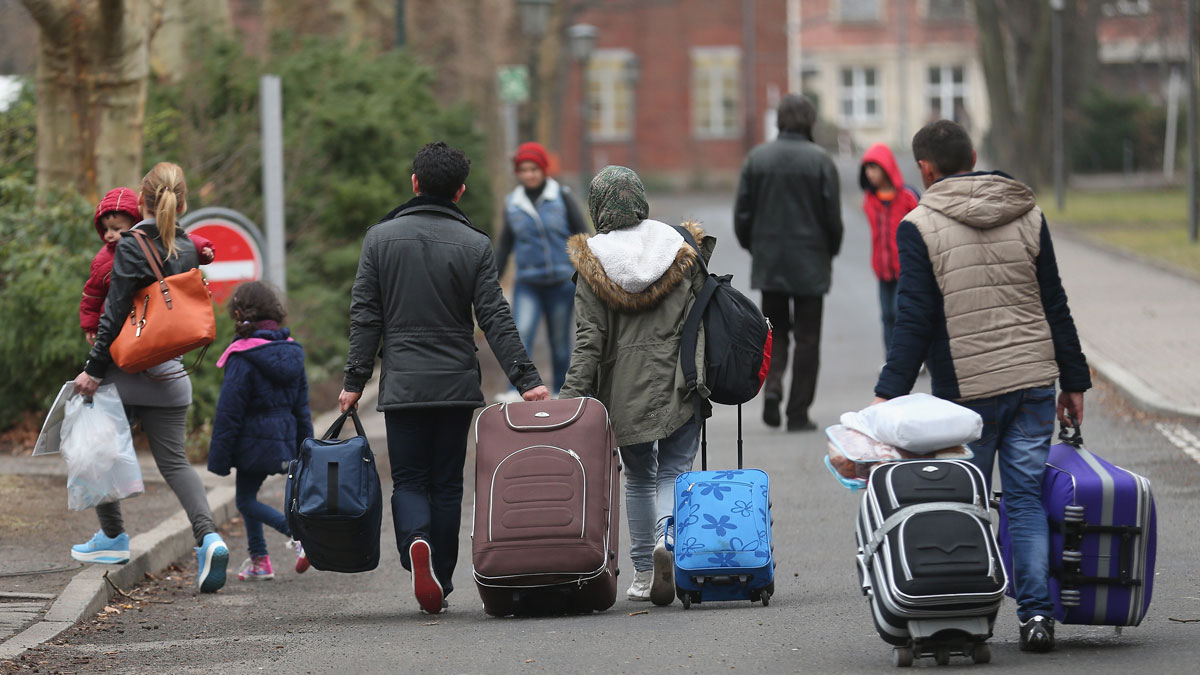 ‘Does it matter if our virtue-signalling is all a bit performative?’
‘Does it matter if our virtue-signalling is all a bit performative?’Instant Opinion Your digest of analysis from the British and international press
-
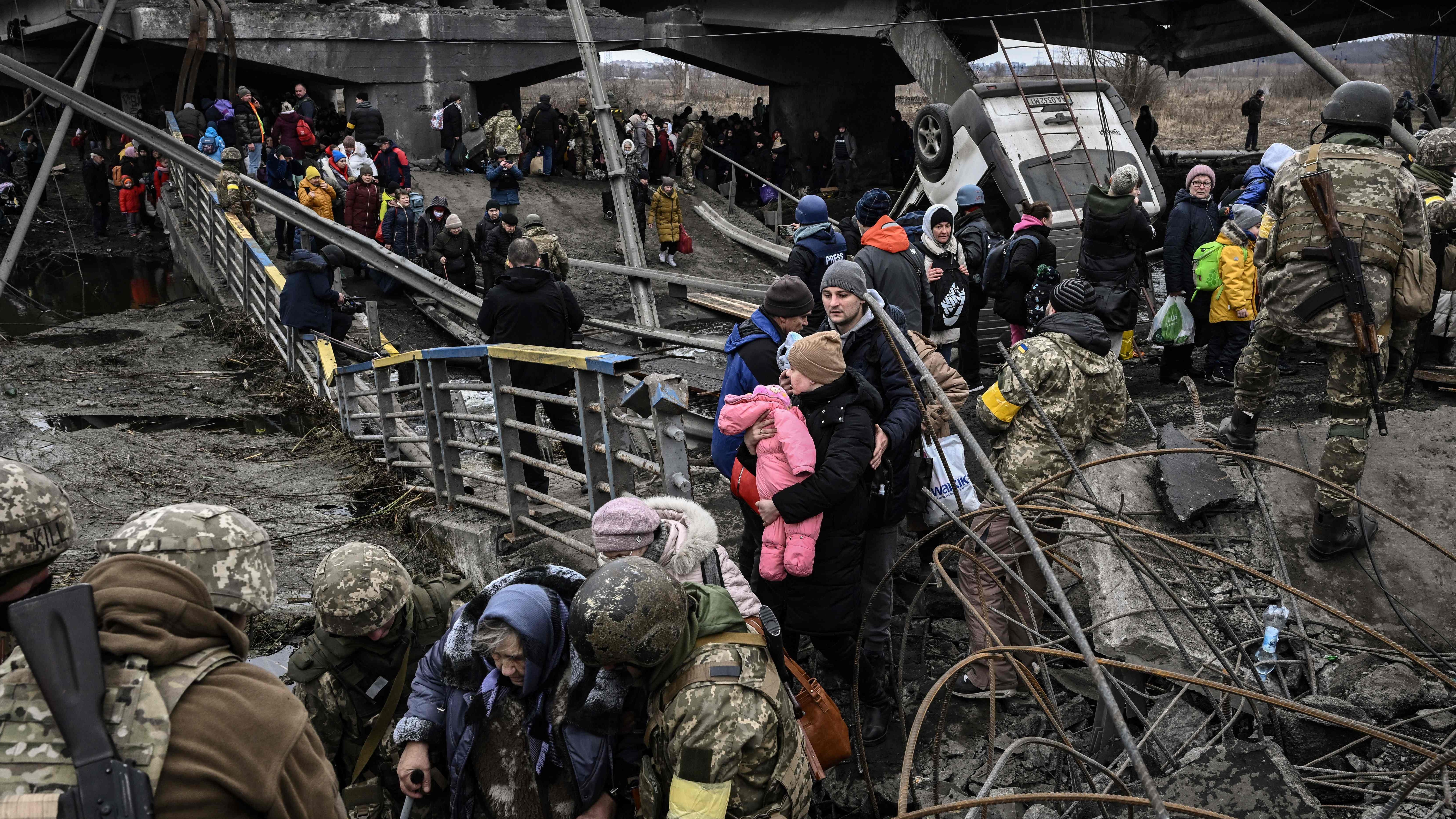 ‘Britain must abandon its indifference to the world’s most vulnerable people’
‘Britain must abandon its indifference to the world’s most vulnerable people’Instant Opinion Your digest of analysis from the British and international press
-
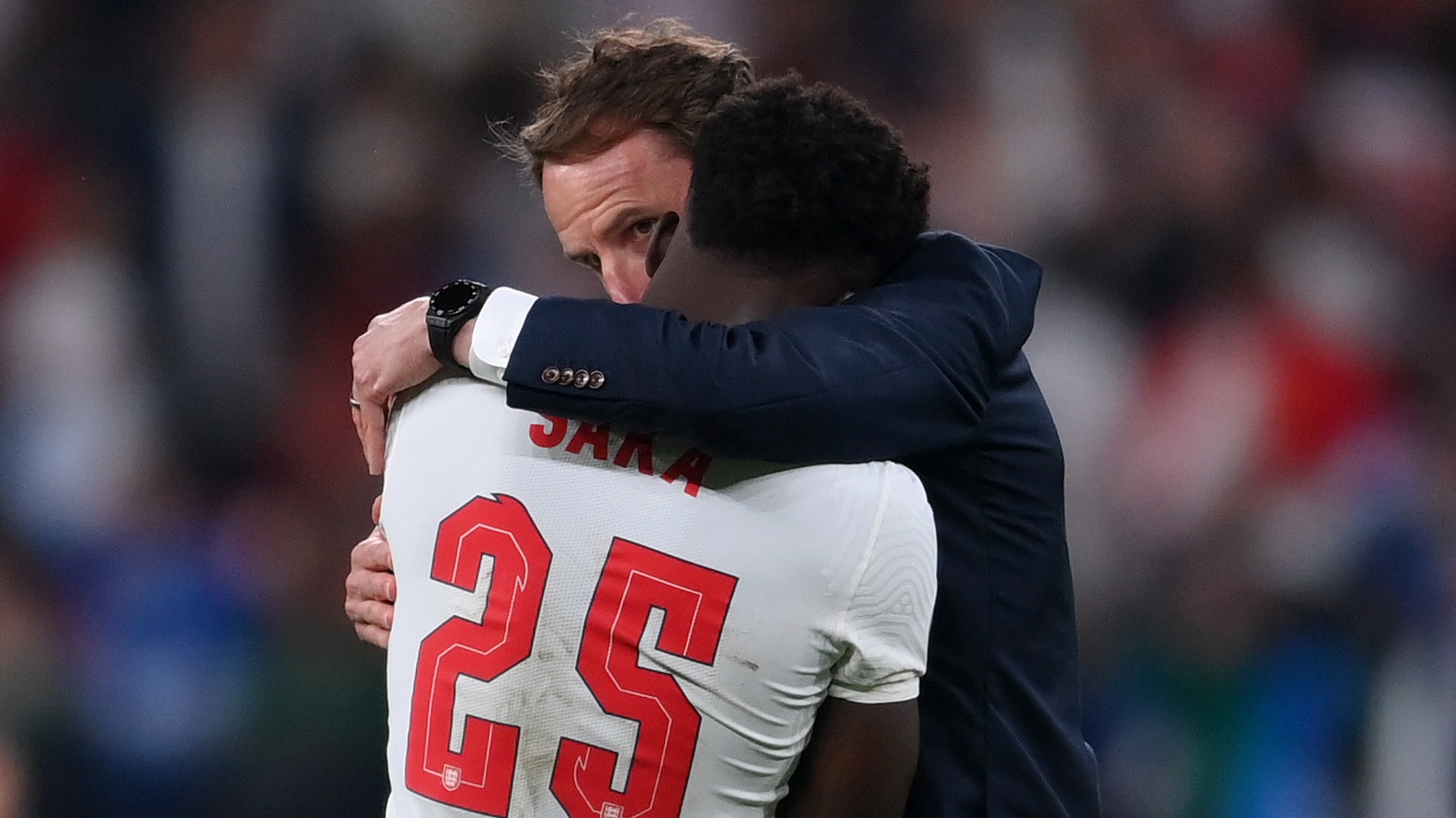 ‘The England team shows us Britain’s diversity is its strength’
‘The England team shows us Britain’s diversity is its strength’Instant Opinion Your digest of analysis and commentary from the British and international press
-
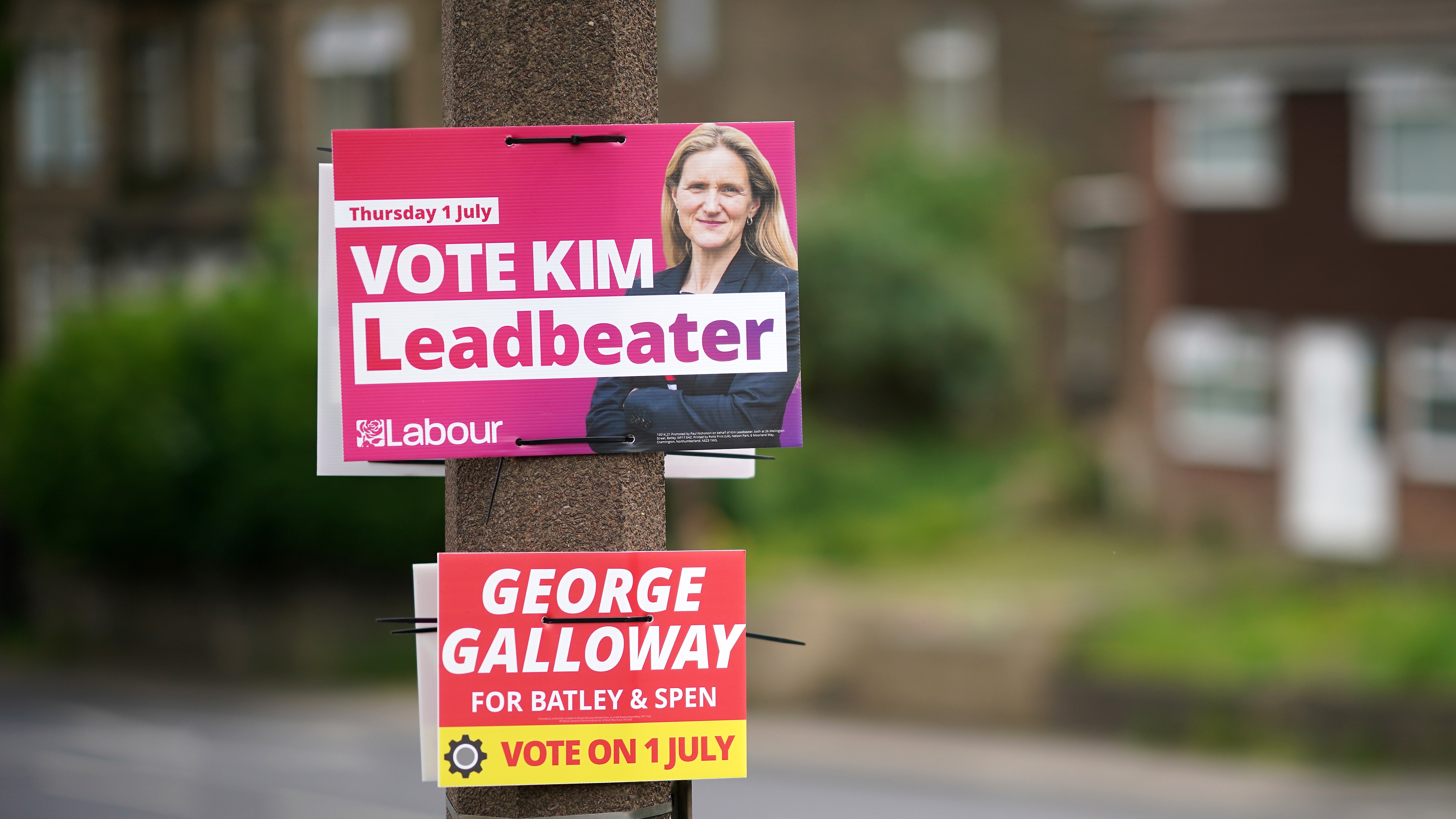 ‘Labour’s leaflet is less of a dog-whistle and more of a megaphone strategy’
‘Labour’s leaflet is less of a dog-whistle and more of a megaphone strategy’Instant Opinion Your digest of analysis and commentary from the British and international press